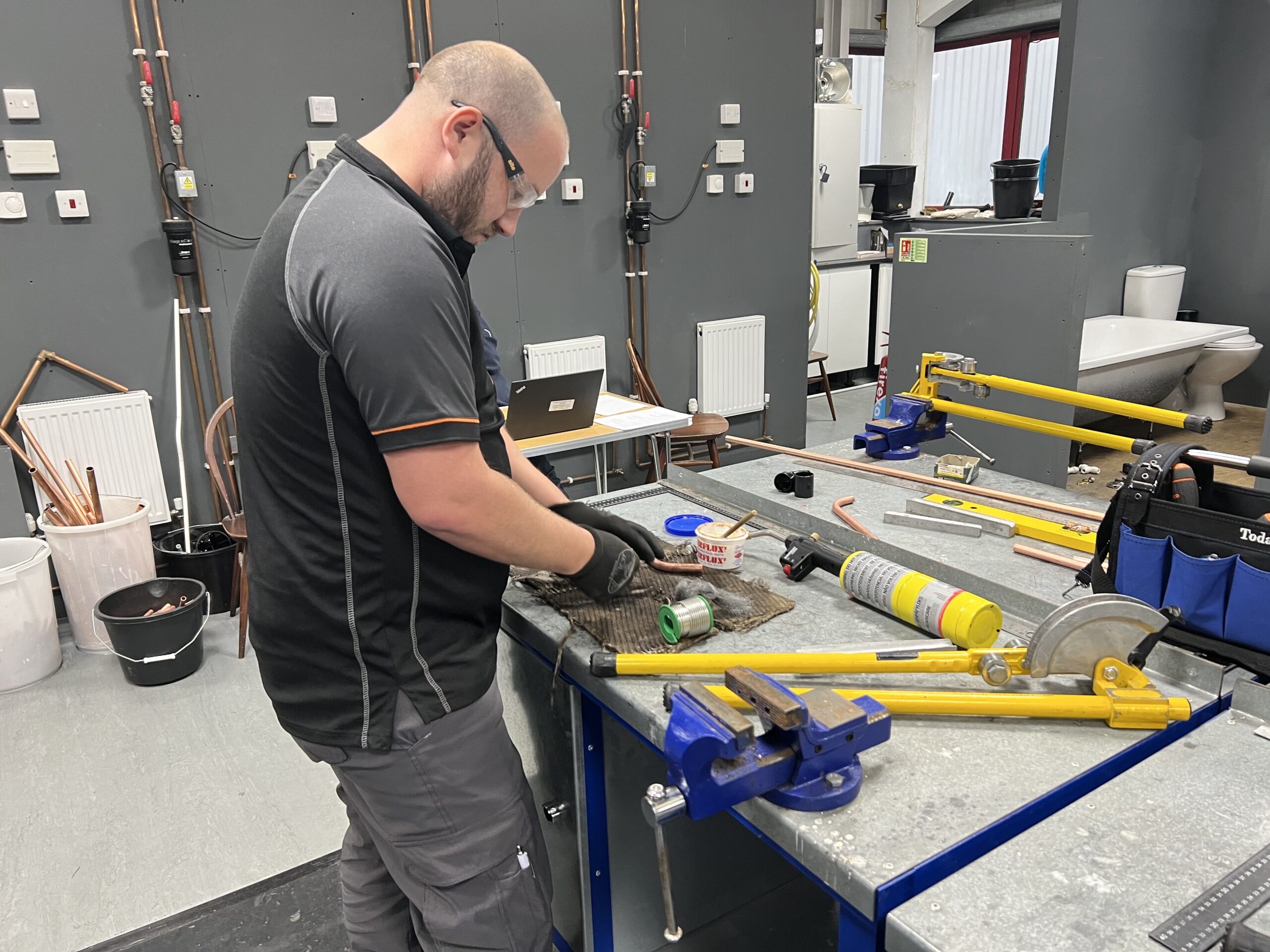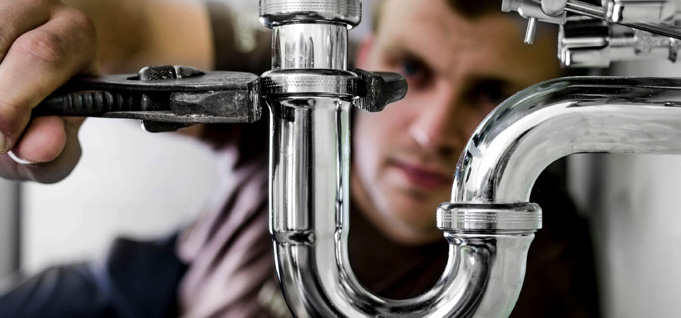Smart thermostats are growing in popularity among UK homeowners.
This is partly due to the rapid growth of smart speakers driving consumers towards other smart devices - as of June 2019, 1 in 5 UK households owns a smart speaker.
Smart thermostats also satisfy our drive to become more energy efficient, to minimise the environmental impact of our homes, increase comfort and reduce living costs.
What do heating installers need to know about smart thermostats?
Homeowners are starting to see the value of the connected home and are more likely to invest in high quality, higher value installations.
Therefore, installers need to be up-to-speed on the pros and cons of different smart thermostats, their capabilities and how they communicate with boilers to ensure top quality service and advice.
How can smart thermostats boost energy efficiency?
Smart thermostats allow for heating adjustments on-the-go via a smartphone app, empowering homeowners to manage their heating better and cutting energy wastage.
Most smart thermostats have at least one advanced control built-in and many are Boiler Plus compliant. Energy efficiency is maximised by preventing the overshoot of an on/of thermostat or automatically adjusting boiler output according the temperature outside.
Many also feature geofencing technology, using smart sensors to detect when people leave or enter the house and making temperature adjustments accordingly.
Used in conjunction with Smart TRVs, smart thermostats have even more potential to increase the ErP of the heating system and reduce running costs.
Want to find out more about home energy efficiency and how it can be improved as we head into the winter season?
Click the link to download our latest free guide for installers,
‘Energy Efficiency Quick Wins – Save Money this Winter’
Alongside increased efficiency, smart thermostats also bring increased consumer engagement, providing information about energy use and notifying homeowners when their annual boiler service is due. This helps to avoid expensive and preventable maintenance issues and enables installers to spread their workloads throughout the year.
Smart thermostats and advanced heating controls help boilers to achieve greater efficiencies but to do this, they must be able to effectively communicate with each other. Generally, you’ll either need to use the manufacturers own smart thermostat or ensure that both boiler and control are OpenTherm compliant.
What is OpenTherm?
OpenTherm is the non-manufacturer dependent system of communication between modulating HVAC heating appliances and room thermostats. It is conservatively thought that more than 80% of all heating installations by 2023 will involve OpenTherm technology.
If you are heading to PHEX this year, OpenTherm are running a series of workshops where installers can find out about the technology and its benefits.
Click here for more information.
View Logic4training’s Energy Efficiency for Domestic Heating training course









